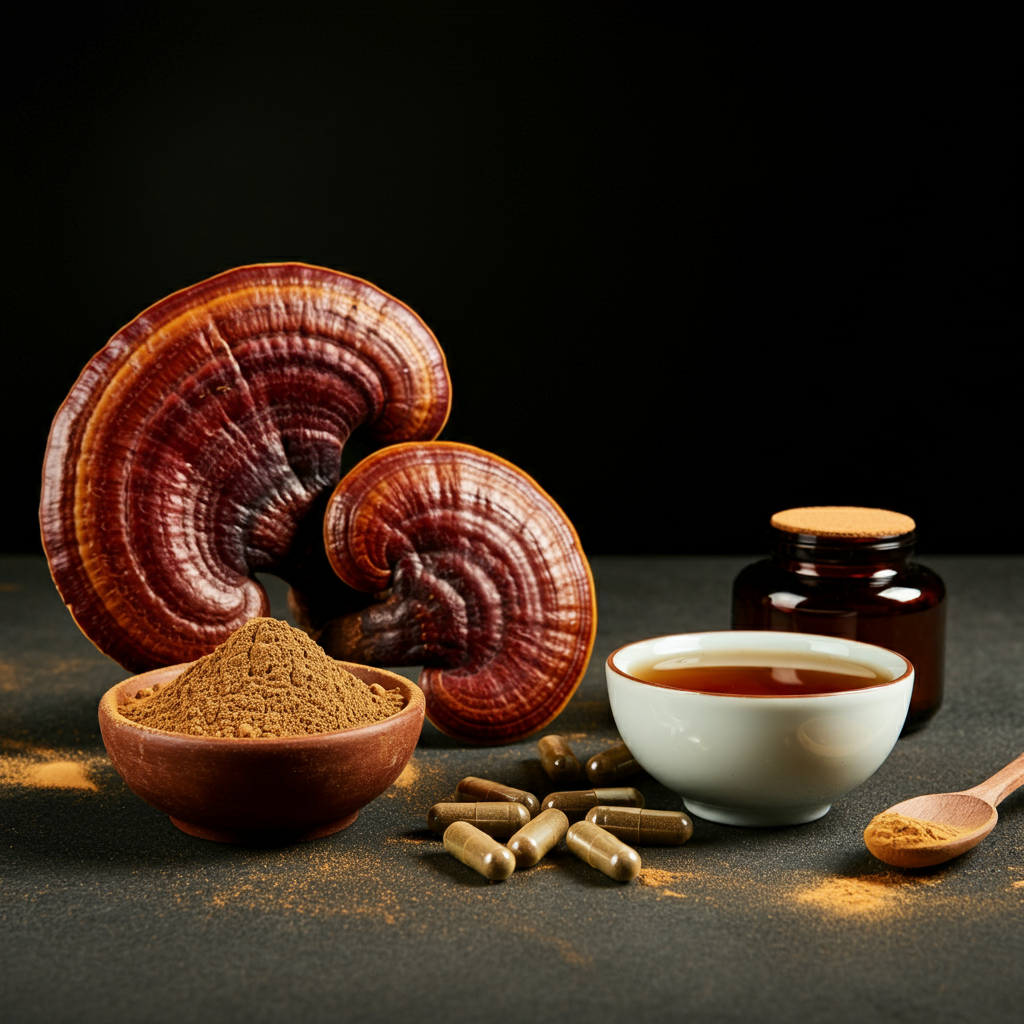Eosinophilia and Gastrointestinal Symptoms After Ingestion of Shiitake Mushrooms
Authors: Aaron M. Levy, Hirohito Kita, Sidney F. Phillips, Paul A. Schkade, Phillip D. Dyer, Gerald J. Gleich, and Vincent A. Dubravec
Journal: The Journal of Allergy and Clinical Immunology
Study Design: Open-label trial with two 10-week phases, separated by a 3-6 month washout period
Participants: 10 healthy adults
Intervention: Daily ingestion of 4 grams of shiitake mushroom powder for 10 weeks
Outcome Measures:
- Blood eosinophil counts
- Serum levels of eosinophil major basic protein (MBP) and IL-5
- Stool levels of eosinophil-derived neurotoxin (EDN)
- Presence of antishiitake IgE and IgG antibodies
- Gastrointestinal symptoms
Summary: The study investigated whether shiitake mushroom ingestion could induce eosinophilia (increased eosinophil count) or related symptoms. The results showed that 5 out of 10 participants developed eosinophilia after consuming shiitake mushroom powder. These individuals also exhibited increased levels of eosinophil granule proteins in serum and stool, and some experienced gastrointestinal symptoms. The eosinophilia and symptoms resolved after discontinuing shiitake ingestion. The study concluded that daily consumption of shiitake mushrooms can provoke blood eosinophilia and gastrointestinal symptoms in some healthy individuals, suggesting a potential for adverse reactions to this increasingly popular food.

No responses yet